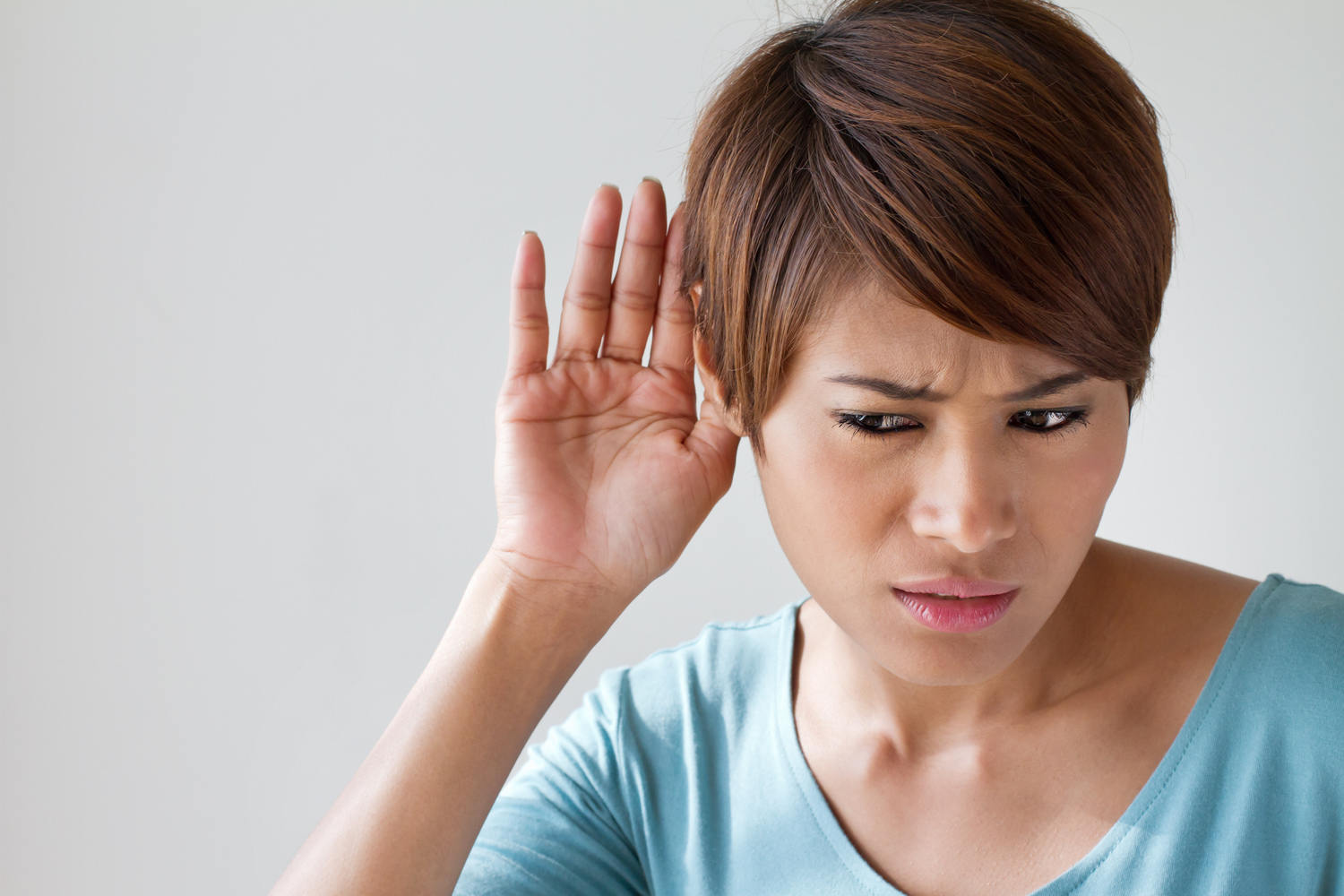
5 Early Signs of Hearing Loss
Hearing loss can be caused by a number of different factors, including long-term exposure to loud noises, aging, abnormal bone growths or tumors, and ear infections. Hearing loss can happen gradually or all at once depending on the underlying cause. Patients with hearing loss often experience similar symptoms leading up to hearing loss that affects overall quality of life. Here are a few early warning signs of hearing loss:
1. Muffled speech and other sounds
With hearing loss, vowel sounds can be hard to hear. It can be frustrating not to be able to hear everything that’s being said. Health experts say to concentrate on the speech. Don’t try to do other things at the same time. Watch the person’s body movements. They can help a person to understand more of what is being said.
2. Difficulty understanding words
When you have trouble hearing it’s impossible to really understand what is going on. Do you hear better with one ear? Sit with that ear closest to the speaker.
3. Frequently asking people to talk more slowly and loudly
If you tell people you are having trouble hearing they will likely slow down when they talk.
Paying close attention and facing the speaker also helps.
4. Frequently turning the volume up on the TV or radio
Do you find yourself having to turn up the volume of your TV or radio to be able to hear it? Something that can help is turning off or reducing any background noises. These may be interfering with your hearing. Choose close captioning if it’s available.
5. Withdrawal from social situations
Some people with hearing loss may start withdrawing or avoiding social situations. This can cause problems such as loneliness and depression. Instead, consciously choose quieter locations. Avoid noisy settings.
To formally diagnose hearing impairment, your doctor will examine your ears to see if anything looks abnormal (i.e., abnormalities of the eardrum or bones in the ear). More thorough tests can be conducted by an audiologist. Sometimes tests might be conducted with tuning forks. This can help a doctor identify your hearing problem. A hearing aid may be recommended for patients who have damage to the inner ear. Hearing aids are worn in, over, or behind the ear to amplify sound. For example, Life Ear hearing aids are FDA-approved for mild to moderately severe hearing loss.


